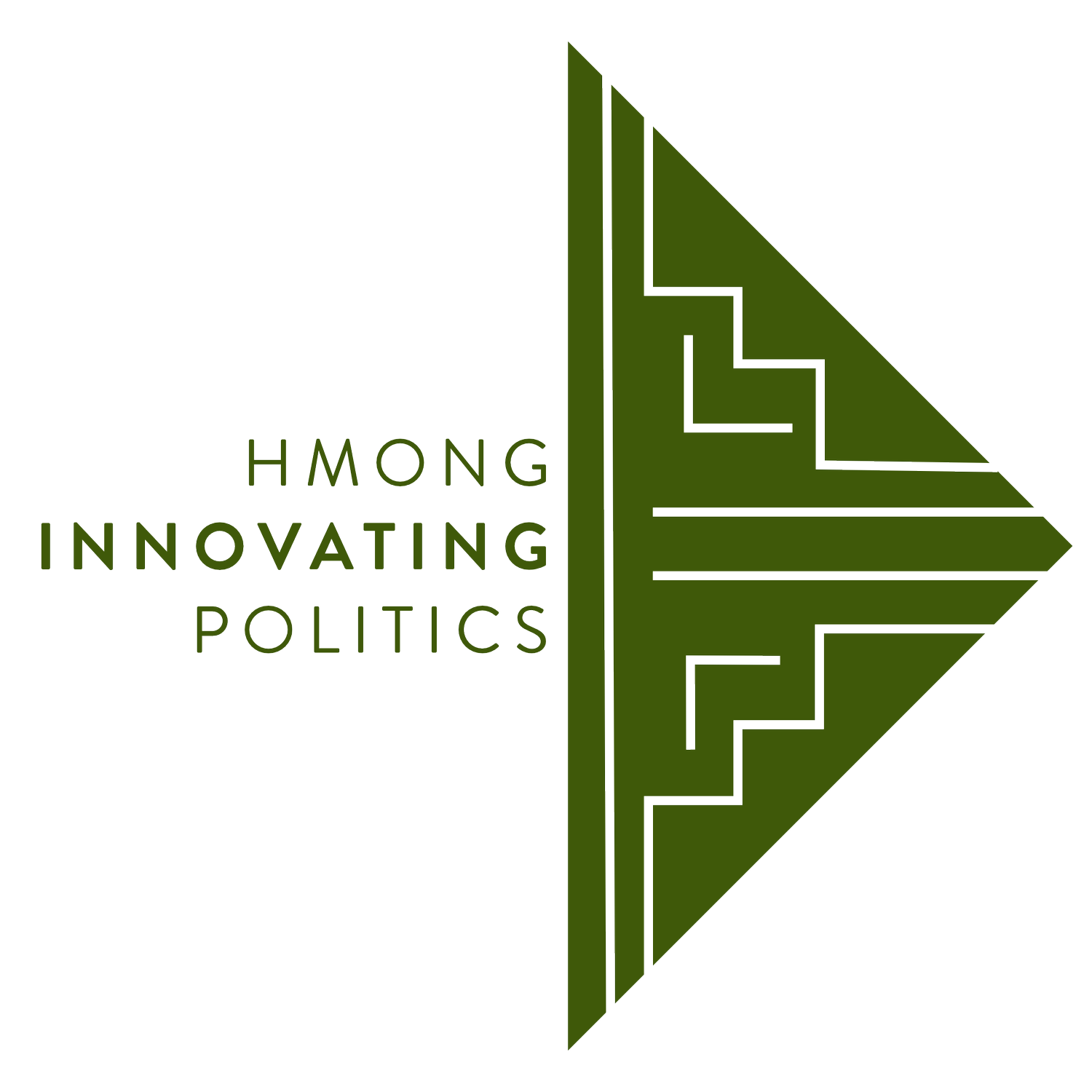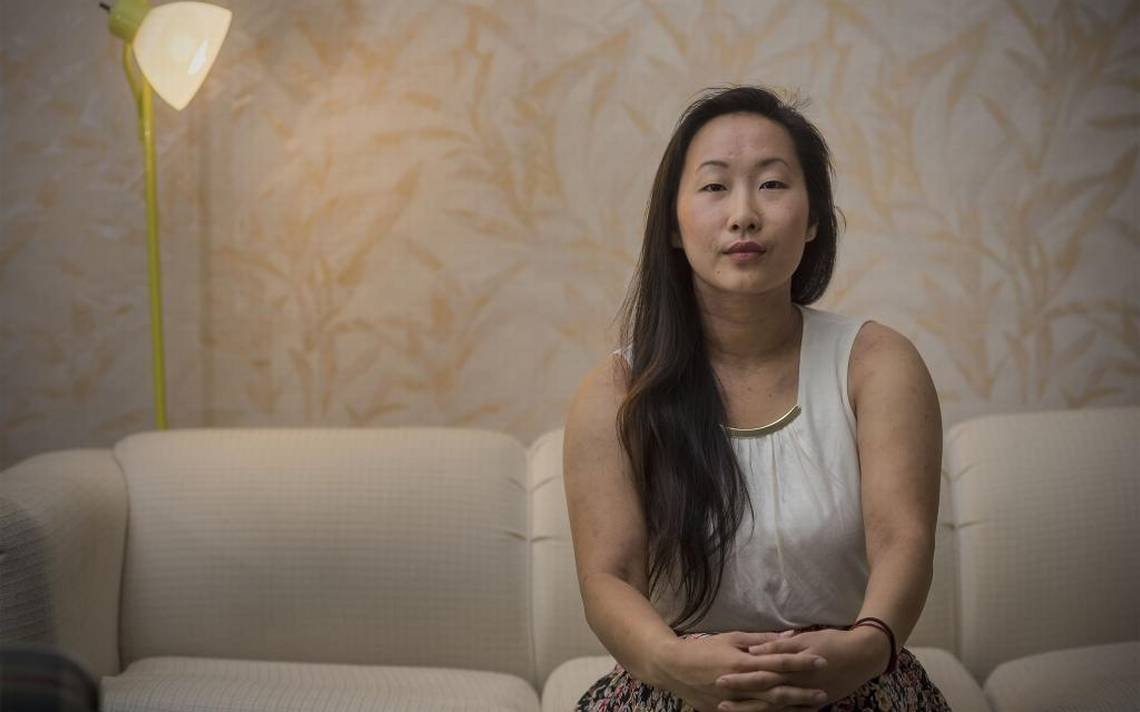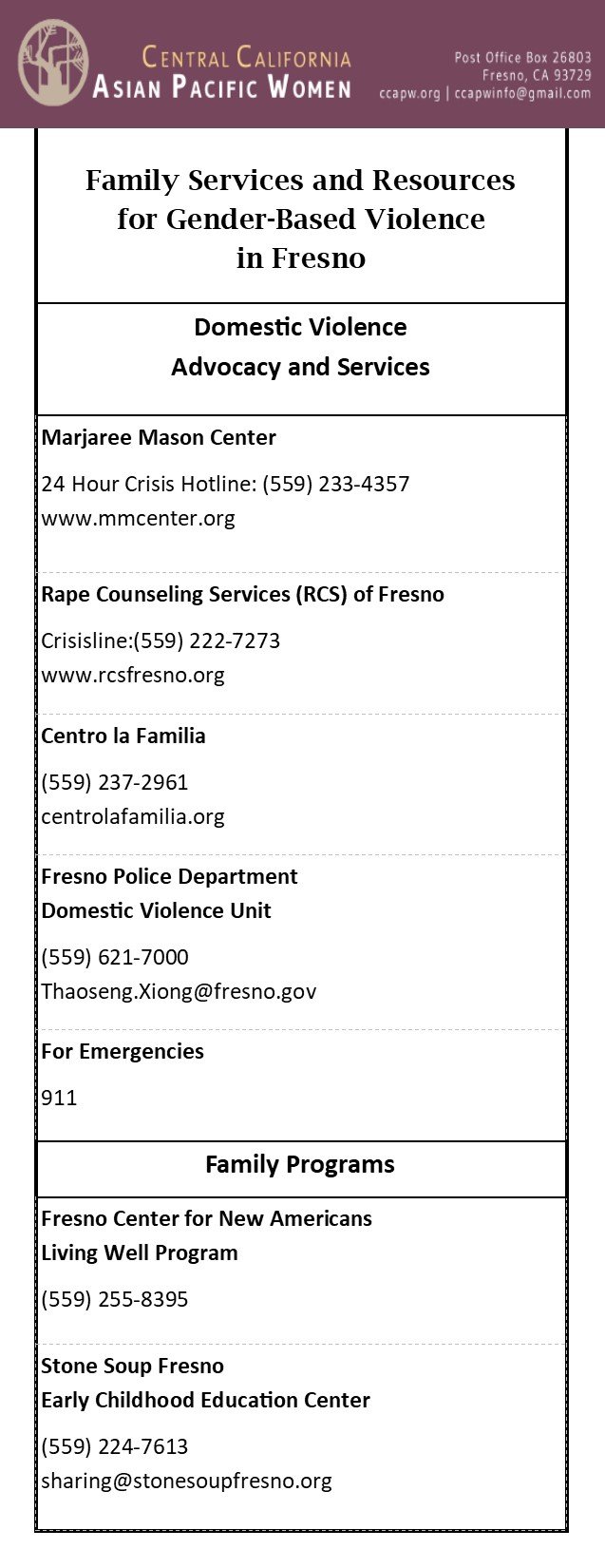We are survivors. We are here. We will not be silenced.
By Yee Xiong
Naming our perpetrators is one of the most powerful acts you can do when someone has taken all of your power from you. Our society continuously excuses perpetrators like my assailant and justifies their actions by putting the focus and blame back on the victim: me.
It has been six years since my assailant raped me. In that time, I’ve endured two criminal trials that resulted in hung juries, and one civil litigation case on defamation. Outside of the courthouse, I’ve endured toxic masculinity, and patriarchy from my own community--including my assailant’s family which thought they could get me to drop my charges against him by paying me off, or worst, marrying me off to my rapist.
Rightfully, it is important to critique the Hmong culture and other patriarchal traditions and cultures that force the victim to marry her rapist. Equally as important, is to recognize and call out the underlying root causes that warrant and justify rape culture--patriarchy, racism, capitalism, and colonialism. These interconnected power systems of oppression permeate in all aspects of our lives; across people of all ethnicities, socioeconomic statuses and races; and have been perpetuated over multiple generations. In addition to rape and sexual assault, these root causes manifest themselves in other forms of violence--police brutality, mass incarceration, deportations and labor exploitation. These day-to-day violences that we see, like sexual assault and domestic abuse, are products of the interconnection of many power systems of oppression. We must understand that these systems are inherently connected by those root causes, in order to dismantle them all and articulate a re-imagined world without violence.
As a sexual assault survivor, I have had to break down what I knew of myself and remold who I am--my worth, and my image. Each healing and recovery process is unique to each person, but I hope that for those who find my narrative familiar, it offers you hope and comfort. I also tell my stories in hope that it will agitate folks to care about the on-going and silenced violence in our communities and around the world, and for all of us do something about it to directly end the problem. As part of my healing, my day-to-day lifestyle and responsibilities has a lot to do with unlearning and disrupting some of my own toxic tendencies. This includes recognizing self-blame and self-hate and teaching others to believe sexual assault survivors by sharing mine and other survivors’ experiences. This helps to find the Fighter in me and to believe in myself again. I have to put in the everyday work of living with my decisions and expectations to either challenge or empower someone, as well as define my own justice. To me, justice is standing up for what is right. To me, justice is radical love for the people and to serve the people. To me, justice is producing and sharing knowledge so that we can be equipped with the aptitude to create social change.
A little over a year ago, I was invited to speak about my experiences as a sexual assault survivor. I chose to express myself through a spoken word piece titled, “Silence is Not Consent.” Immediately after performing, I was kicked out of that same event by the same staff who invited me to speak. They determined that my performance “triggered” people and claimed that the students “could not digest” what I had to say. They told me I had to leave and harassed me until I left the building.
“We owe it to the survivors who are brave enough to come forward with their trauma and truth so that we all can find the empowerment to break the silence and isolation of sexual violence.”
In my experience, it pains me to say that people--even supposed allies, will try to silence us to preserve their comfort. For them to invite me to speak on my experiences and subsequent to dismiss and silence me was hypocritical. This was an opportunity to have a community dialogue about sexual assault and to connect with survivors. Instead, their fears and “damage” control perpetuated the same type of silencing of survivors that occurs in society and community. Since then, I’ve received several invitations from audience members asking me to speak and perform at their high school and college events. Instead of being “triggered,” they were empowered and recognized the importance of giving survivors the space to tell their story. We owe it to the survivors who are brave enough to come forward with their trauma and truth so that we all can find the empowerment to break the silence and isolation of sexual violence.
As we conclude “Sexual Assault Awareness Month”, I want to commemorate victims who have lost their lives, as well as the survivors who continue to live in silence, unable to speak up, or do not have anyone to support them in their fight and journey towards healing and justice. I want them to know that whether they choose to speak out or not, their story will always be their truth, and nothing is more powerful than that. You need not wait until a court or your peers declare that there was a crime committed against you--you already have all the power to declare it for yourself and demand justice.
We are survivors. We are here. We will not be silenced.
To follow Yee’s current advocacy work or request her as a speaker at your community event or classroom, please follow her Instagram platform: https://www.instagram.com/yee.speaks/. @yee.speaks is meant to agitate and mobilize folks to engage in political work that addresses various forms of violence.
Local Resources
"Based in Sacramento, My Sister’s House supports Asian Pacific Islander and other underserved women and children who have been affected by domestic violence, sexual assault, and human trafficking. Sexual assault is rarely discussed in the larger community, and it is even more difficult to talk about in the Asian Pacific Islander community. To break this silence My Sister’s House has been holding community discussions about sexual assault in the Southeast Asian community, hosting a forum on international marriages that involve domestic violence, conducting outreach into community groups about how it affects our community, and a holding a #metoo group that meets every month. It is important to talk about sexual violence in the Asian Pacific Islander community so people can see themselves reflected in the stories and access needed help. It is important for survivors to know that they aren’t alone and that they are supported by the greater community." - Michelle Huey, My Sister's House



